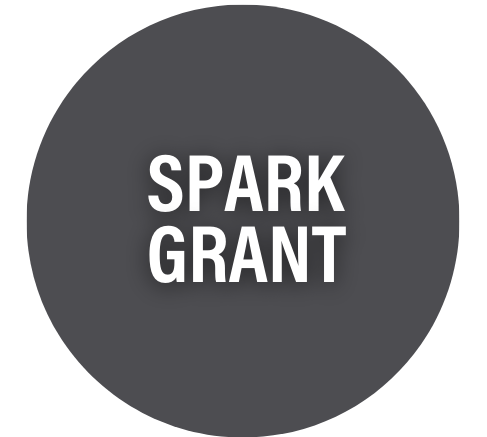
Summary
The birth of a child is associated with an increased risk of psychiatric hospitalisation for mothers. Mothers with severe postpartum psychiatric diagnoses are more likely to have children’s social care involvement with their infants. However, little is known about their needs or experiences.
This study, conducted by researchers from King’s College London, involved secondary data analysis of data collected from 278 child-mother dyads, where the mother had such a diagnosis and was admitted to acute psychiatric care. Data was collected both at the time of admission and one year after discharge. This highlighted several factors associated with social care involvement. These included wider adversity and inequality across multiple areas of mothers’ lives, childhood trauma, domestic abuse, and having a diagnosis of personality disorder. Similar factors were associated with social care involvement one-year after discharge from acute psychiatric services.
Objectives
The aim of this research was to improve understanding of:
- The support needs of families where the mother has a severe postpartum mental health diagnosis, and her infant is in contact with children’s social care
- Factors associated with intervention by children’s social care.
Methods
With input from a Lived Experience Advisory Group, researchers carried out secondary analysis of data collected from 278 mother-infant dyads where the mother was admitted to acute psychiatric care in England or Wales in the year after childbirth. Researchers explored the characteristics, needs, and service use experiences of mother-infant dyads with and without children’s social care involvement. They built multivariable logistic regression models to examine factors associated with children’s social care involvement at the time of the acute postpartum psychiatric admission and at follow-up one-year later.
Key findings
The analysis found that mothers with social care involvement in the context of a postpartum psychiatric diagnosis were often experiencing wider adversity and inequality across multiple areas of their lives. These mothers were also less satisfied with their mental health care and had more unmet needs after discharge from acute services.
Regression analyses showed that having children’s social care involvement during an acute postpartum admission was associated with:
- Deprivation
- Reporting a maternal history of childhood trauma
- Experiencing domestic abuse
- Having a diagnosis of personality disorder or schizophrenia
- Having a history of previous psychiatric admissions.
One year after discharge from acute psychiatric services, factors associated with children’s social care involvement included:
- Deprivation
- Having experienced childhood trauma
- Having been single at the time of the postpartum admission
- Being readmitted to acute psychiatric services in the year following the postpartum admission.
Recommendations
The findings suggest that:
- Mothers with children’s social services involvement in the context of an acute postpartum psychiatric diagnosis may have high levels of support needs, but that services may struggle to meet their needs fully
- Hospital admissions and crisis care are expensive, intensive interventions and may offer opportunities to facilitate appropriate longer-term support to women and infants experiencing a range of inequalities in the community
- Better use could be made of this ‘window of opportunity’ and that an increased focus on supporting mothers with histories of trauma, adversity and deprivation, along with greater collaboration between mental health, children’s social care and third sector services, may help improve experiences and outcomes.
This report has also been published open access on the Hindawi platform.
